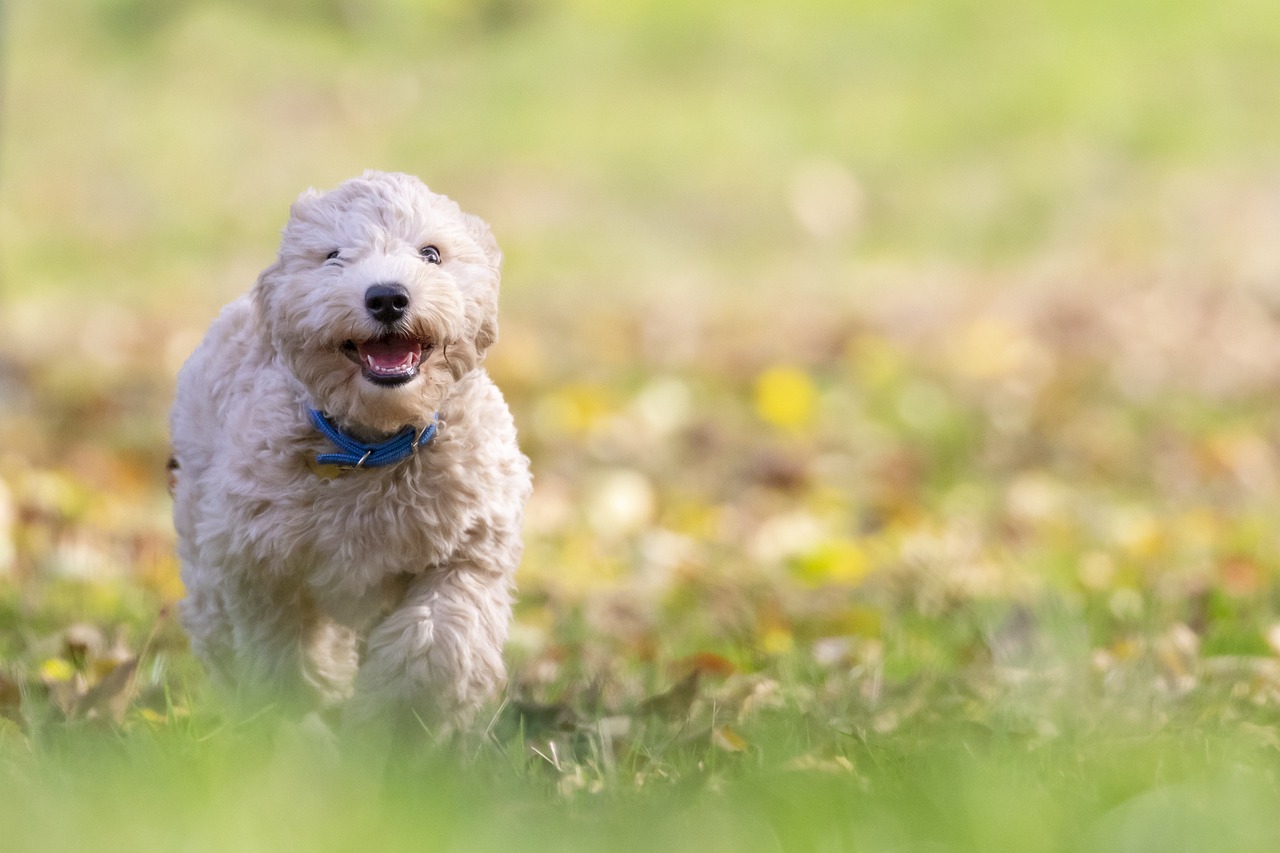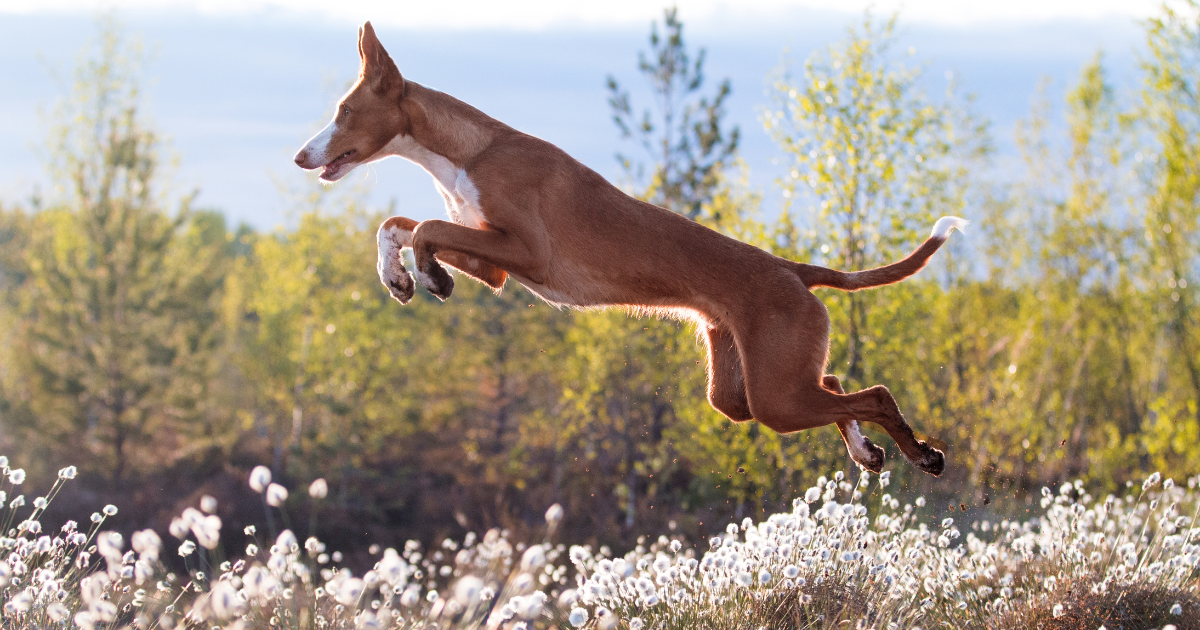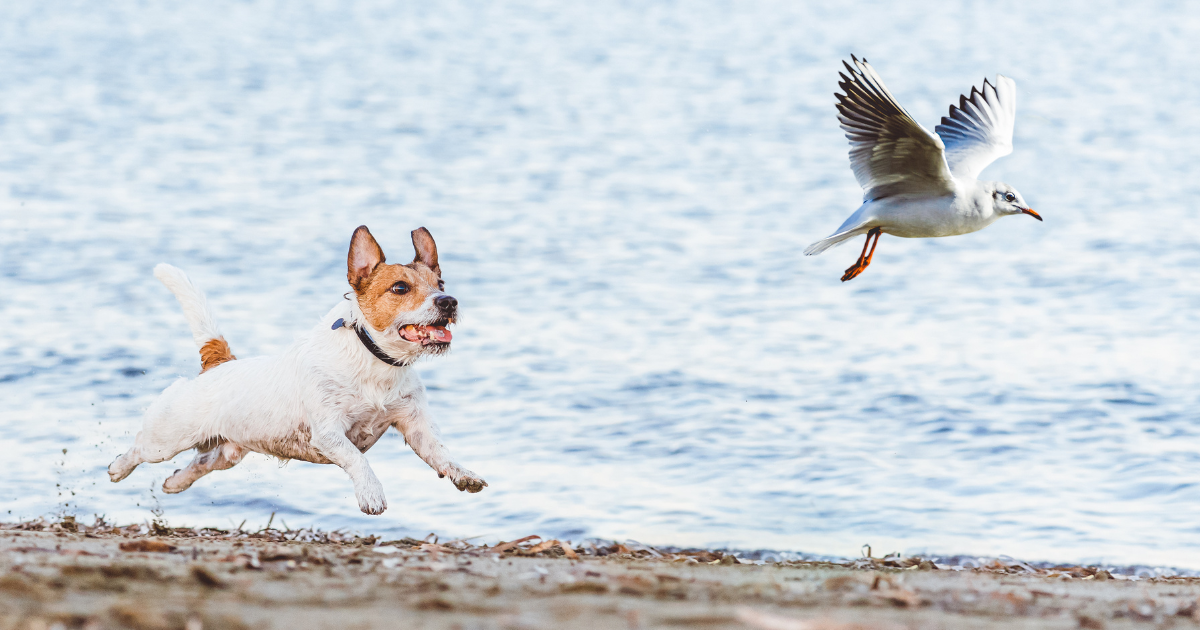Ah, the teenage years – a time of transformation, growth, and the occasional rebellion. But what about teenage dogs? Just like their human counterparts, adolescent dogs go through a period of change and development that can present unique challenges for pet parents. In this guide, we’ll explore the behavior of adolescent dogs, what changes occur as they transition from puppies to teenagers, and how to navigate this often tumultuous stage.
Understanding Adolescent Dogs
The teenage stage in dogs typically occurs between 6 months and 2 years of age, depending on the breed and individual development. During this time, puppies undergo significant physical, hormonal, and behavioural changes as they mature into adult dogs. Just like human teenagers, adolescent dogs may test boundaries, exhibit newfound independence, and experience mood swings.
Behavioural Changes in Adolescent Dogs
- Increased Independence: Adolescent dogs may become more independent and less reliant on their owners for guidance and supervision. They may explore their surroundings more freely and show less interest in following commands.
- Reactivity: Hormonal changes during adolescence can lead to increased reactivity and excitability in some dogs. They may become more easily aroused by stimuli such as other dogs, strangers, or environmental triggers.
- Testing Boundaries: Just like human teenagers, adolescent dogs may test boundaries and challenge authority figures, including their owners. They may push the limits of acceptable behaviour and exhibit defiance or stubbornness.
- Decreased Focus: Adolescent dogs may have difficulty maintaining focus and attention, especially in distracting environments. Training sessions may become more challenging as they struggle to concentrate on tasks.
- Playful Behaviour: Despite their newfound independence, many adolescent dogs retain their playful and energetic nature. They may engage in rough-and-tumble play with other dogs or exhibit zoomies and bursts of energy.
Changing Needs of ADolescent Dogs
- Increased Exercise Requirements: Adolescent dogs have high energy levels and require plenty of physical exercise to prevent boredom and channel their energy productively. Daily walks, playtime, and interactive games are essential for meeting their exercise needs.
- Consistent Training: Ongoing training and socialisation are crucial during the teenage stage to reinforce desired behaviours and address any behavioural challenges that arise. Consistency, patience, and positive reinforcement are key to successful training.
- Nutritional Needs: As adolescent dogs continue to grow and develop, their nutritional needs may change. Consult with your veterinarian to ensure that your dog is receiving a balanced diet appropriate for their age, size, and activity level.
- Mental Stimulation: Teenage dogs benefit from mental stimulation to keep their minds engaged and prevent boredom. Provide puzzle toys, interactive games, and training activities to challenge their intellect and prevent destructive behaviours.
Challenges of Teenage Dogs
Navigating the teenage stage with a dog can be challenging for pet parents. The combination of hormonal changes, increased energy levels, and behavioural challenges can test even the most patient owners. Common challenges during this teenage phase include:
- Selective Hearing: Adolescent dogs may appear to have “selective hearing” and ignore commands they previously mastered. This is often due to distractions or a lack of focus rather than deliberate disobedience.
- Reactivity and Impulsivity: Hormonal changes can lead to increased reactivity and impulsivity in adolescent dogs. They may react more strongly to stimuli such as other dogs, strangers, or novel environments.
- Boundary Testing: Teenage dogs may test boundaries and push the limits of acceptable behaviour. Consistent leadership, clear boundaries, and positive reinforcement are essential for establishing and maintaining rules.
- Frustration and Frustration-Related Behaviours: Frustration is common during adolescence, especially when dogs encounter challenges or obstacles. Frustration-related behaviours such as chewing, digging, or excessive barking may occur as a result.
Tips for Navigating the Teenage Stage
- Stay Consistent: Consistency is key when training adolescent dogs. Stick to a routine, use clear and consistent commands, and reinforce desired behaviours with positive reinforcement.
- Provide Structure: Establishing a structured environment with clear rules and boundaries helps adolescent dogs understand what is expected of them. Consistent leadership and guidance are essential for maintaining order and preventing behavioural problems.
- Exercise Regularly: Ensure that your adolescent dog receives plenty of physical exercise to burn off excess energy and prevent boredom. Daily walks, play sessions, and interactive games are essential for their physical and mental well-being.
- Socialise Wisely: Continue to socialise your adolescent dog with a variety of people, animals, and environments to prevent fearfulness or aggression. Positive experiences with new stimuli help build confidence and resilience.
- Seek Professional Help: If you’re struggling to manage your adolescent dog’s behavior, don’t hesitate to seek professional help from a certified dog trainer or behaviorist. They can provide personalized guidance and support to address specific challenges.
Conclusion
The teenage stage can be a challenging but rewarding time for both adolescent dogs and their owners. By understanding the behavioural changes, changing needs, and common challenges associated with adolescence, pet parents can navigate this stage with patience, consistency, and understanding. With proper training, socialisation, and guidance, adolescent dogs can mature into well-behaved and well-adjusted adult companions.
Remember, adolescence is just a phase, and with love, patience, and positive reinforcement, you and your teenage dog can overcome any challenges that come your way.




